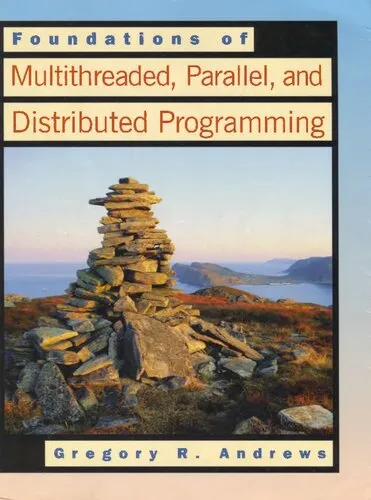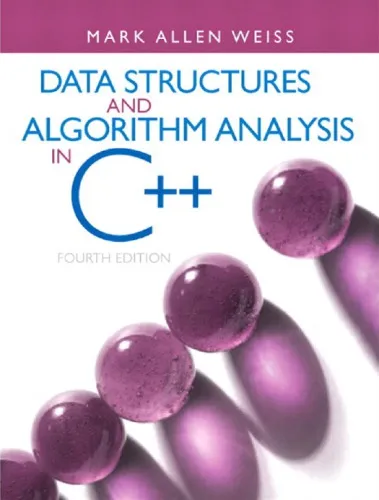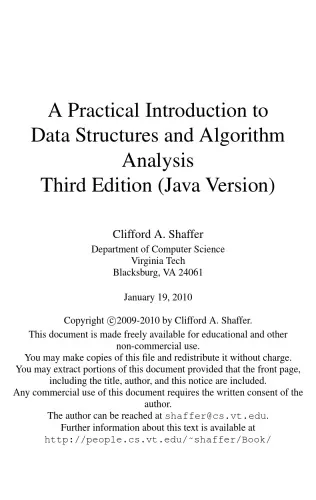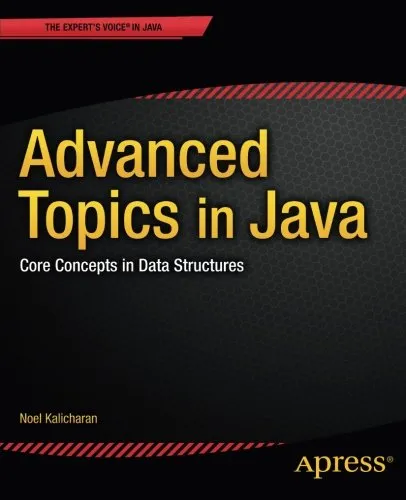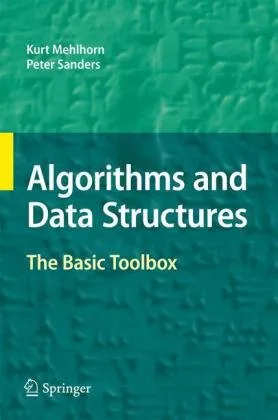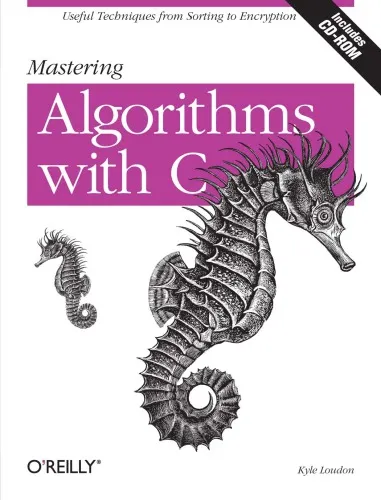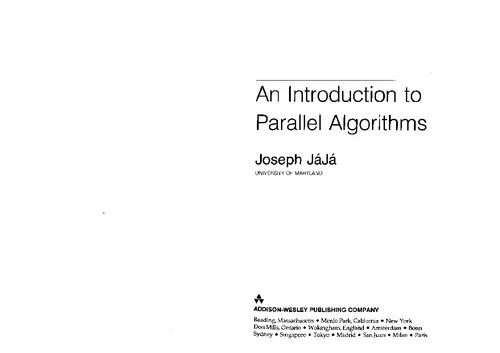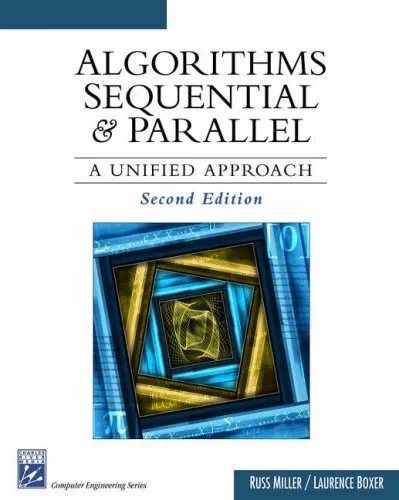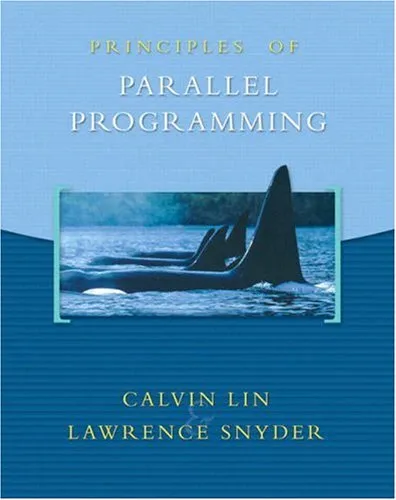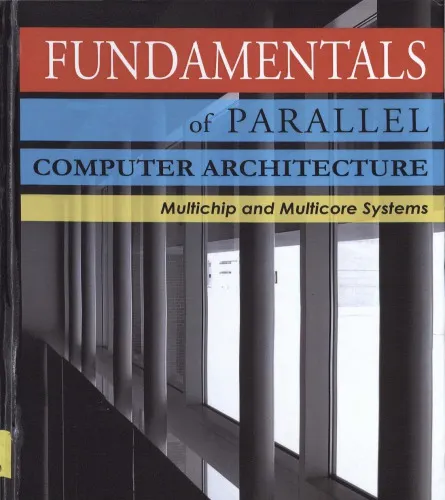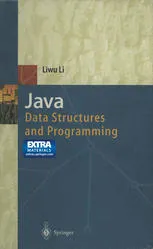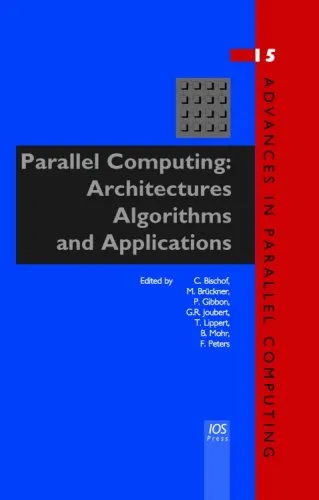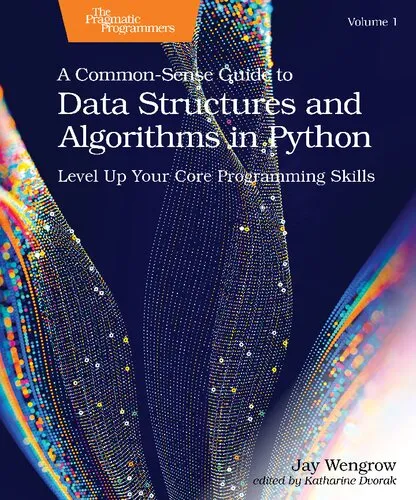Foundations of Multithreaded, Parallel, and Distributed Programming
4.0
Reviews from our users

You Can Ask your questions from this book's AI after Login
Each download or ask from book AI costs 2 points. To earn more free points, please visit the Points Guide Page and complete some valuable actions.Related Refrences:
Introduction to Foundations of Multithreaded, Parallel, and Distributed Programming
The book Foundations of Multithreaded, Parallel, and Distributed Programming by Gregory R. Andrews provides a robust theoretical and practical framework for understanding the complexities of concurrent execution in computing. Written to cater to students, researchers, and developers alike, the book is an essential guide to mastering topics critical to modern computing, such as multithreading, parallelism, and distributed systems. By combining theoretical insights with hands-on examples, this book bridges the gap between foundational concepts and real-world application, making it a valuable resource in both academia and industry.
Detailed Summary of the Book
The book is a comprehensive guide that teaches readers the principles and techniques necessary to effectively design concurrent software. It is divided into three main parts:
1. Multithreaded Programming: This section introduces the basics of multithreading, focusing on how different threads operate within the same process, how synchronization is managed, and how to avoid common pitfalls like deadlocks. Topics such as monitors, condition variables, and semaphores are explained in depth.
2. Parallel Programming: Dedicated to parallelism, this section delves into techniques for achieving high-performance computing by distributing computation across multiple processors or cores. Parallel algorithms and architectures, as well as topics like load balancing and scalability, are illustrated with clear examples and exercises.
3. Distributed Programming: The final section explores distributed systems, where multiple processes run on different machines but collaborate to achieve a common goal. Concepts such as message passing, distributed coordination, and consistency are covered extensively, along with protocols like RPC (Remote Procedure Call).
The book emphasizes the interplay between theory and practice, featuring algorithms, code snippets, and detailed exercises to solidify understanding. By the end, readers gain not only practical skills but also a deep conceptual grasp of how multithreaded, parallel, and distributed programming form the backbone of modern systems.
Key Takeaways
- Master core concepts such as synchronization, thread safety, and deadlock prevention in multithreaded applications.
- Learn techniques for designing and implementing parallel programs that leverage the power of multiple processors for optimal performance.
- Understand how distributed systems work, from communication protocols to fault tolerance and consistency models.
- Bridge the gap between theoretical foundations and implementation through practical examples and exercises.
- Build a skill set that is crucial for careers in fields like cloud computing, high-performance computing, and systems programming.
Famous Quotes from the Book
"Concurrency is not just a programming technique; it is a mindset towards solving problems in a world where tasks and computations are inherently parallel."
"Understanding synchronization is the key to unlocking the potential of multithreaded programming. Without it, concurrency collapses into chaos."
"The hallmark of a distributed system is not just its ability to coordinate across multiple nodes but to do so in the presence of failures."
Why This Book Matters
In the era of multi-core processors, cloud computing, and distributed systems, understanding concurrent programming is not optional—it is essential. The book Foundations of Multithreaded, Parallel, and Distributed Programming offers an unmatched combination of depth and clarity, making it invaluable for anyone aiming to build efficient, scalable, and reliable software.
Whether you are developing real-time systems, optimizing high-performance code, or building the next generation of distributed platforms, this book equips you with the tools you need to succeed. Its meticulous approach to explaining concepts ensures that even complex topics are accessible to learners at all levels. Moreover, it serves as a timeless resource in a field that continues to evolve rapidly, providing insights that remain relevant despite technological advances.
By addressing the core principles of computation in concurrent environments, Gregory R. Andrews not only educates but inspires readers to think critically and creatively about how they approach programming challenges. This book is more than a guide—it is a foundation upon which future innovations are built.
Free Direct Download
You Can Download this book after Login
Accessing books through legal platforms and public libraries not only supports the rights of authors and publishers but also contributes to the sustainability of reading culture. Before downloading, please take a moment to consider these options.
Find this book on other platforms:
WorldCat helps you find books in libraries worldwide.
See ratings, reviews, and discussions on Goodreads.
Find and buy rare or used books on AbeBooks.
1380
بازدید4.0
امتیاز0
نظر98%
رضایتReviews:
4.0
Based on 0 users review
Questions & Answers
Ask questions about this book or help others by answering
No questions yet. Be the first to ask!
